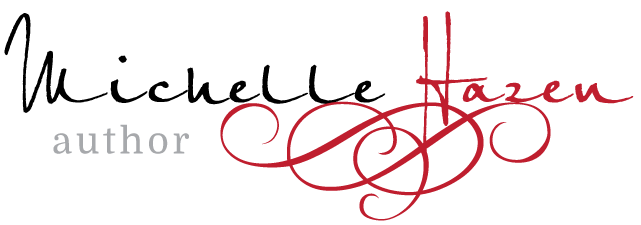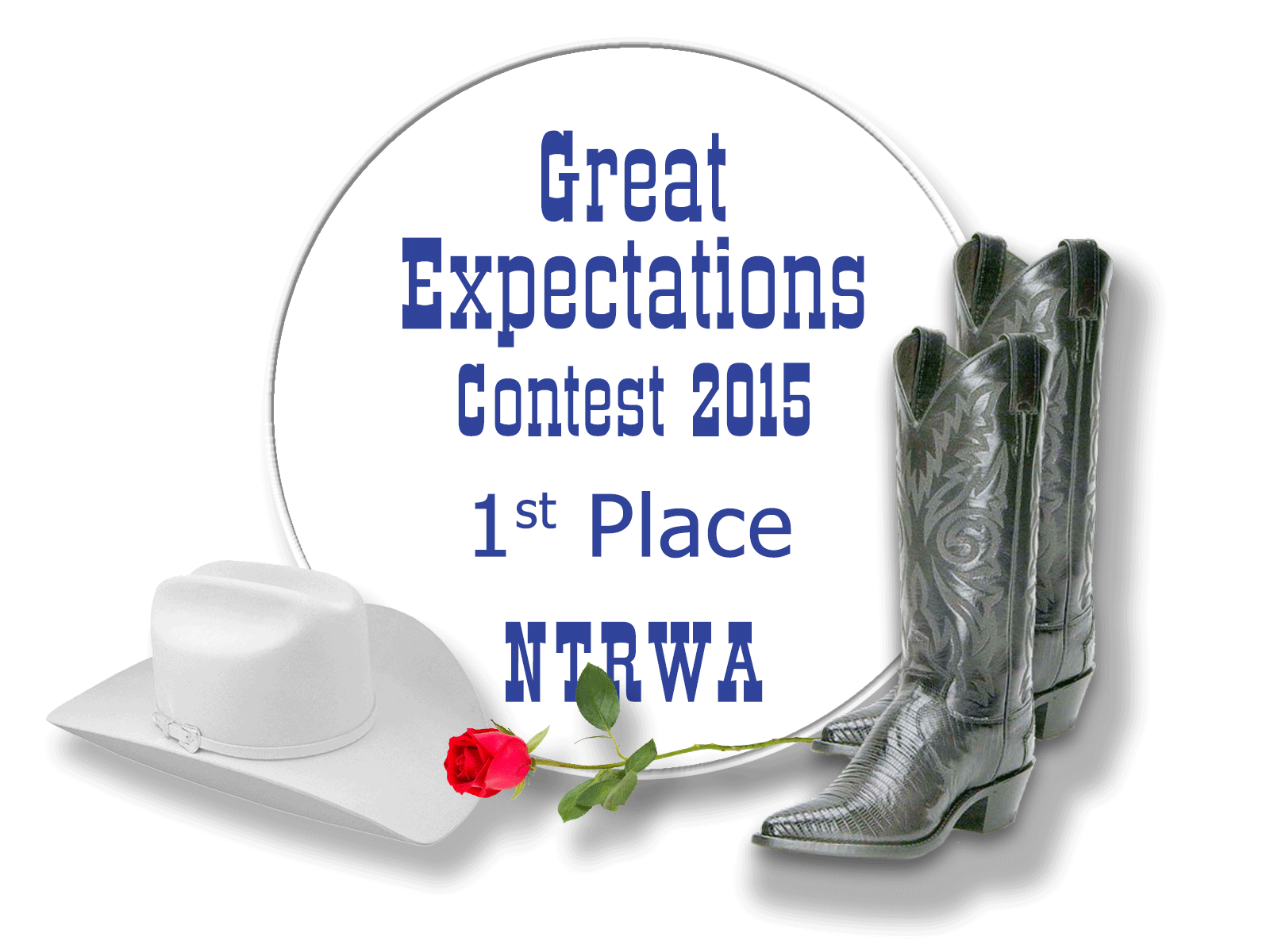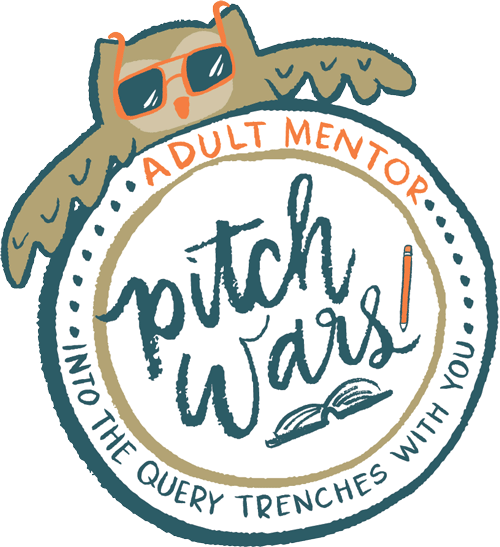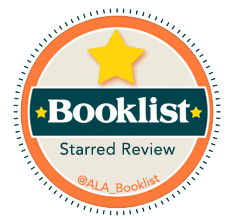How to Choose the Right Editor for YOU
Have you ever wanted to hire a freelance editor, but you weren’t sure how to choose? There’s genre, of course. There’s checking their experience and reviews from their clients. But after accounting for those basics, you’re left with roughly one billion freelance editors and no idea which one might be the right “fit” for your book baby. However, it turns out that an expert on this topic actually exists, and I managed to scam an interview with her (you can thank me later).
Today, I want to welcome Laura Franzini, one of the wizardresses behind the curtain at Author Accelerator, a company I also work at. It’s a full service support system for writers that offers editors, 1:1 weekly book coaches, and writing classes. One of the coolest parts of Laura’s job is that she gets to match writers to editors, and if the clients she’s given me are any indication, she’s kind of supernaturally good at it.
So if you’re not signing up with Author Accelerator, and you don’t have a Laura to find the perfect editor for you, where do you even start? Let’s ask Laura.
1. What questions should I ask myself BEFORE I go shopping for an editor?
- Am I in a position emotionally to get feedback?
- Are you prepared to hear tough feedback? Are you just looking for positive encouragement? For many of us, our books are precious dreams coming to life, and they – and you – are vulnerable. You don’t want to put your book in the hands of someone whose feedback will crush you or is just plain unhelpful. So you need to ask yourself where YOU are in the creative process. Will you be OK hearing that your book isn’t where you thought it was? Will you be OK if the editor suggests a major overhaul? Will you be willing to put in the work to make it stronger? Will you be able to look at the editor’s feedback objectively – separating your ego from the work – knowing that they only want what’s best for the book? If the answer is no, you might need to reevaluate things before moving forward.
- What type of feedback does my project need right now?
- Do you need developmental feedback, a line edit, a copy edit, a proofread? Are you hoping to brainstorm ideas with your editor? Would you like to work with the editor on an ongoing basis, or just get their feedback once?
-
You must work with someone who is going to give you the kind of feedback you need at this stage in your writing process.If you’re just starting out, have a few chapters, or even a full rough draft that you’re not sure hangs together, or is worth pursuing from an industry standpoint, you’ll want to look for a developmental editor. A developmental editor is going to focus on the big-picture elements of your book – structure, narration, point of view, and, in fiction, character arcs and narrative drive, etc. They are not going to focus on mechanics, grammar, or anything nit-gritty, which are not things you need to worry about in the early stages of the writing process.A line editor is great for a project that has been through a few revisions and that you know doesn’t have any glaring developmental issues.A proofreader comes in when a project is ready to pitch or self-publish – they will clean up the mechanics and polish the draft to a shine.
- How much of my project would I be willing to revise, should the editor consider it necessary to strengthen my project?
- Think specifically about what elements you’d be willing to change and what elements you’d be unwilling to change. Would you be willing to start from scratch if the editor found a fatal flaw? Are you adamant that you will not change a character’s motivation, the point of view, or your book structure, no matter what the editor says? You will have to weigh these things when you review their feedback, so it’s good to be aware of your feelings on them now.
- What are my goals for this project?
- Do you want to write a potential bestseller? A book that your friends and family will love? A book that will establish you as a thought-leader in your industry and launch a speaking career? You’ll need to be able to determine what editorial suggestions to implement and what to leave behind if it doesn’t resonate with you, so you’ll need to be clear on what feedback will help you get your book to where you envision it. If your goal is not to write a bestseller, then working with an editor whose feedback will be all about getting your book in marketable shape in the industry is probably not worth your time. If your goal IS to write a bestseller, you don’t want to work with someone who doesn’t understand the publishing industry and what it takes to get an agent. You want to work with people who will help you move closer to your goals at each step of the process.
- Do I have a deadline for this project?
- Is it self-imposed, or dictated by an agent or other opportunity? You’ll want to be sure that the editor you work with will be able to give you feedback in a timeframe that supports that deadline. Remember you need to leave yourself time to implement any revisions before your deadline.
- What is my budget? (It’s probably best to give yourself a range)
- Pricing usually depends on the type of editing you’re getting. For example, private book coaches – who will usually offer one-on-one intensive feedback and support – are usually at the top end – in the thousands of dollars a month. One-time editing services will often charge by the word or the page. The most important factor is the type of editing you need, so be prepared to adjust your budget accordingly.
- What type of person will I work well with?
-
Apart from the editorial aspects of working with an editor, if your plan is to work with this person on an ongoing basis – exchanging feedback and revisions more than once – it’s wise to consider whether the person you’re working with is someone with whom you can develop a good working relationship. This brings into question the editor’s time, personality, and feedback style, which is different from the type of feedback they give. You want to be sure that you feel comfortable with asking, and have the opportunity to ask, the editor questions about their feedback in case there’s something you don’t understand, and that the editor will be able to clearly communicate the WHY of their suggestions.
-
2. What questions should I ask an editor?
- What type of editing do they offer?
- It’s not always clear from a freelancer’s website what kind of editing they do, and some of these terms are loose, so it’s paramount that you ask them exactly what kind of feedback they will give on your manuscript. It would be good for you to lay out to them the kind of editing you feel your project needs at this point, and see whether they feel they can deliver that. There’s nothing worse than paying for an edit, getting your feedback, and realizing that the editor changed every semi-colon to a comma rather than evaluating whether your protagonist has depth.
- What genre(s) do they typically work in, enjoy, and feel strongest in?
- You want to work with someone who is an expert on your genre. This is especially important if you’re hoping to traditionally publish. There are certain guidelines that the market mandates for a book to be classified as a particular genre, and you need someone who will be able to guide you along those standards. You also want someone who will be able to evaluate the work as a reader who likes the genre and topic you’re writing on – you want them to be able to get excited about and invested in your project! (This is something that they should want too, of course.)
- What is their editing background?
- What kind of writers do they usually edit for? Have they done any official editing training, or are their skills gleaned from hands-on experience? An editor’s background is often varied, and there are few places one can get an editing-specific education, so while experience is an important question to ask, I would not weight it as heavily as these other factors when making your decision. What an editor is actually able to do is more important than how or when they learned to do it.
- Can you see a sample edit they have done?
- This will be the best example of the type of feedback they would give you on your work. I’ll explain below how to evaluate the sample so you can use it to make your decision.
3. How can I analyze a test edit to determine not just an editor’s skill, but if we’re the right “fit”?
- To cover skill first: Is the editor giving the kind of feedback they say they offer? If you know you need a developmental editor, but their sample edit just corrects the writer’s grammar, that’s a red flag. They probably won’t give you the kind of feedback you need right now. You also want to be sure, as best you can, that the editor is leading the writer on the right path with their feedback. As a reader, does their feedback ring true to you? YOU don’t have to be the expert in this realm, of course – that’s why you’re hiring an editor – but trust your gut on whether the editor seems to know what they’re talking about.
- Does the editor’s feedback feel too direct? Too soft? Are they super effusive and gushy, or cold and to-the-point? If the sample feedback was on YOUR project, would you be able to digest it and implement it, or would it make you shut down, or roll your eyes? You want the editor to be able to give you the kind of feedback you need in a way that speaks to you (even when you don’t agree with it). You want your overall feeling to be excited and motivated to make your book stronger, not defeated or uninspired by what the editor has said.
- Particularly for writers who don’t feel they have super strong craft skills, does the editor take the time to explain the reasoning behind their feedback and suggestions on the sample edit? Can you follow their line of thought and understand why they’re asking the writer to make changes? It’s much easier to reject a suggestion if you don’t know why the editor is making it, and that’s risky. The editor could be making a really good point, but if you don’t know how it will make the book stronger, you could easily dismiss it. Finding an editor who will take the time to teach will give you the opportunity to learn and grow as a writer – a huge value-add.
~
Laura, thanks so much for coming on the blog today! You’ve certainly given us all lots to think about, and I know I for one feel a whole lot more prepared to choose an editor now. What do you guys think? If you have more questions for Laura, or for me, feel free to leave them in the comments.

















